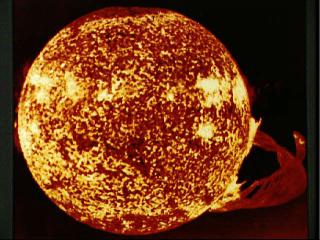
By Mark D.R. Stern
Public School Educator
Many people believe that God is simultaneously omniscient, omnipotent, omnipresent, and compassionate. If all of these are true, then why would God let bad things happen to good people?
This is a question that has forever captured the imaginations of philosophers, theologians, and thinking people in general. The rational conclusion is: God is not omnipotent or God does not care. You have to abandon one to keep the faith.
In the 1939 novel “As a Driven Leaf” by Rabbi Milton Steinberg (1903-1950), the book’s protagonist concludes God does not care. In the 1981 book “When Bad Things Happen to Good People,” Rabbi Harold S. Kushner (born Brooklyn, N.Y., mid-1930s) chose a caring God who is not omnipotent. Fundamentalists say that when God lets the faithful down, it is a test: hence the book of Job (the oldest confrontation of the paradox). If you are wrestling with these issues, these two books are a great place to examine the problem of evil.
For more information about “As a Driven Leaf,” click below:
SteinbergFor more information on “When Bad Things Happen to Good People,” click below.
KushnerTo return to main index, click below:
Current Issues and ControversiesTo return to archive index, click below:
From the Archives





